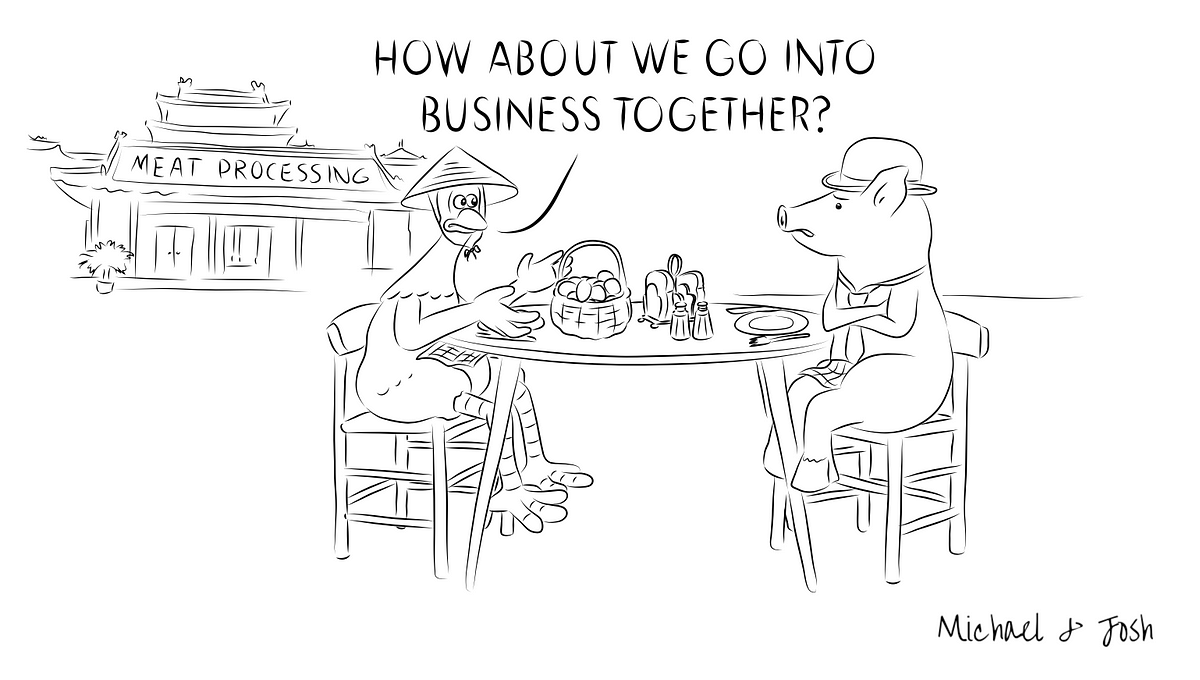
Tech companies are investing heavily in ’Social’. You have to ask yourself one major question; Why?
You like most of us are already wired into ’Social’. And Tech companies know that the next big thing for corporates is ’Social Collaboration’. http://en.wikipedia.org/wiki/Social_collaboration
After TQM, Six Sigma, Lean and many other management process improvement practices, they have all tried to achieve one thing; ’Social Collaboration’ and never really succeeded, because they created too many meetings and actually reduced productivity, the very opposite of why these practices were actually invented.
Now that you and I are wired into Facebook, Twitter, LinkedIn and many more social networks, corporates are delighted that those networks have managed to train you and me in the art of being virtually social. You and I have become comfortable in using these networks, happy to share personal and professional information publicly, plus sharing what we learn in our day to day lives, including recommendations for goods and services.
So now that we have been trained to do this, the natural extension of this is to bring ’Social’ into the organisation. Some have already started with patchy success, but the smarter executives realise that in order to capture the knowledge contained in employees heads and get true collaboration started, they will have to, without fail, invest in a corporate social network. By the way women understand this instinctively and men have to work at it much harder.

A Corporate Social Network, doesn't only connect employees with each other across departments, countries and continents, it will save them billions in travel costs, training programs and on-boarding (induction).
Corporates are a bit slow in the execution of this, because all they have been focussed on was things like, ’if we open Facebook and Twitter to employees, then no work will get done’, instead of saying how can we get those type of networks replicated inside of our business?
So major global tech companies, like Microsoft, IBM, Google etc., have all invested in social network start-ups to add to their portfolio of products allowing corporates to implement these networks seamlessly with existing software.
You might be a small business reading this and thinking, that's great for larger corporates, but what about me as a start-up, a home office or a group of entrepreneurs, how do we do this?
Well the time has come for small business to collaborate with others. In order to compete with the larger corporates it's absolutely essential that we embrace ’social’ as well.
You are already ’wired-in’ to LinkedIn, so now it's time for you to maximise your activity there and start collaborating in order to grow your business footprint.
Ask me how and I will be delighted to collaborate on something with you.
Success!





